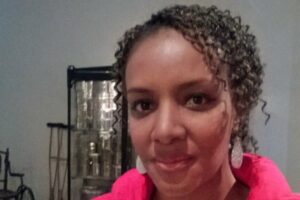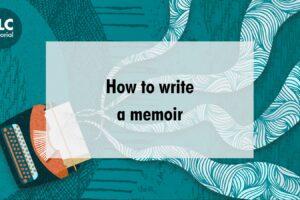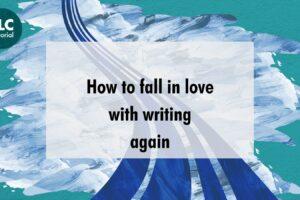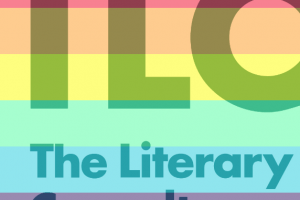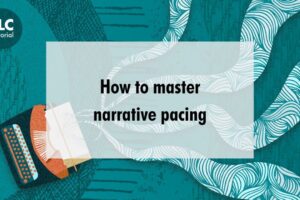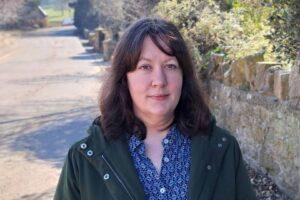Dedicated to Rebecca Swift – who told me to be brave and to make every word choice count.
On speaking plainly…
We’re constantly reminded of the power of words. Case in point, following this summer’s tragic events in Charlottesville, Virginia, USA, President Donald J Trump chose to include the phrase “on many sides,” when first called upon to condemn the violence and open displays of bigotry. Given the circumstances it seems an odd choice and throws up all kinds of uncomfortable questions about where the President’s loyalties might lie.
 Three words (from the most powerful man on the planet) were all it took to suggest that in 2017, all things considered, using Nazi salutes and burning torches isn’t quite so abnormal after all.
Three words (from the most powerful man on the planet) were all it took to suggest that in 2017, all things considered, using Nazi salutes and burning torches isn’t quite so abnormal after all.
Well not quite, but isn’t it interesting how with the inclusion of those three words, Trump’s measured response went from being stabilising and reassuring to confusing and controversial?
Such is the power of language.
On when I was young and my life was an open book…
Words, their use, function, and purpose have always held a special sort of magical appeal for me. As an eight year old who was the favoured prey of the class bully, I quickly learned just how useful my words could be. Although I’d usually fail to talk my way out of a punching, kicking, or biting, I often succeeded in persuading my teachers to allow me to pass my break and lunch times in the Deputy Head’s office.
I had at my disposal eloquent speech and a persuasive argument which I used to great effect.
 I was bullied because I loved to read, and I preferred books to children my own age.
I was bullied because I loved to read, and I preferred books to children my own age.
Today, although I wish I were more at ease in social situations, on balance I feel I have been vindicated.
On whether writers have a responsibility or not…
Every now and then I’ll feel compelled to produce a monumental document that captures the hearts of men or ignites the imagination of my generation, perhaps some great tome of political discourse, or some immeasurable feat of creative prowess.
Either that, or learn to write well.
On simplicity…
“Don’t use words too big for the subject. Don’t say infinitely when you mean very; otherwise you’ll have no word left when you want to talk about something really infinite.”
― C.S. Lewis
On the digital age…
If anything has taught us about the power of words it is the internet, social media specifically.
On freedom of speech…
I truly value freedom of speech. I believe that the ability to communicate authentically is crucial to human existence. However, I’m not always clear about how freedom of speech works in practice. To me freedom of speech seems only to be concerned with our rights to say the most damaging, hateful, degrading, or despicable things imaginable.
Will there ever be one who stands up for the protection of our right to say lovely things?
Anyone?
On the power of words…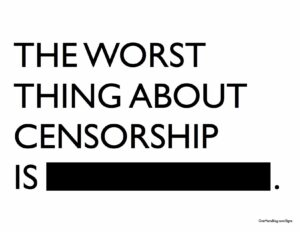
“I’ve learned that people will forget what you said, people will forget what you did, but people will never forget how you made them feel.”
– Maya Angelou
On the genre I write…
I’ve never been big on genre, and I usually say that that’s because I don’t want to be hemmed in literarily. My work is broadly termed New Thought which in my case is specifically concerned with human consciousness transcending positive thinking. It really is far more tangible than those new to the subject first realise. New Thought is gaining traction but is in my view still too easily dismissed as a serious topic. I am very proud of the fact that I can write on the subject that I am passionate about and that I can spend my time productively absorbed in its language. The contemplation of ideas focussed on gaining the most from our human experience is vastly beneficial.
I don’t write on religion, spiritualism, or the occult, any more than I write on the psychology of the human mind and yet, somehow, I write on all of these things.
You could say that my genre is miscellaneous in the purest sense of the word.
On being careful…
“Words are like eggs dropped from great heights; you can no more call them back than ignore the mess they leave when they fall.”
― Jodi Picoult, Salem Falls
On diversity…
“I believe that telling our stories, first to ourselves and then to one another and the world, is a revolutionary act. It is an act that can be met with hostility, exclusion, and violence. It can also lead to love, understanding, transcendence, and community. I hope that my being real with you will help empower you to step into who you are and encourage you to share yourself with those around you.”
― Janet Mock, Redefining Realness: My Path to Womanhood, Identity, Love & So Much More
On the possible terrifying future of publishing…
Disgraced controversialist and former Breitbart Editor, Milo Yiannopoulos once said this:
“I met with top execs at Simon & Schuster earlier in the year and spent half an hour trying to shock them with lewd jokes and outrageous opinions. I thought they were going to have me escorted from the building—but instead they offered me a wheelbarrow full of money.”
Fans of Milo might disagree, but I for one am grateful to the people who waited more than a year to release an old recording of him making distasteful remarks – which I won’t allude to here – albeit in (alleged) jest. The recording prompted a viral cyber-backlash that some will say he brought on himself, forcing his publisher to pull the deal with nothing said about the wheelbarrow full of money.
Chilling stuff.
On all that’s good about words…
“There is something about words. In expert hands, manipulated deftly, they take you prisoner. Wind themselves around your limbs like spider silk, and when you are so enthralled you cannot move, they pierce your skin, enter your blood, numb your thoughts. Inside you they work their magic.”
― Diane Setterfield, The Thirteenth Tale
And there you have it.


